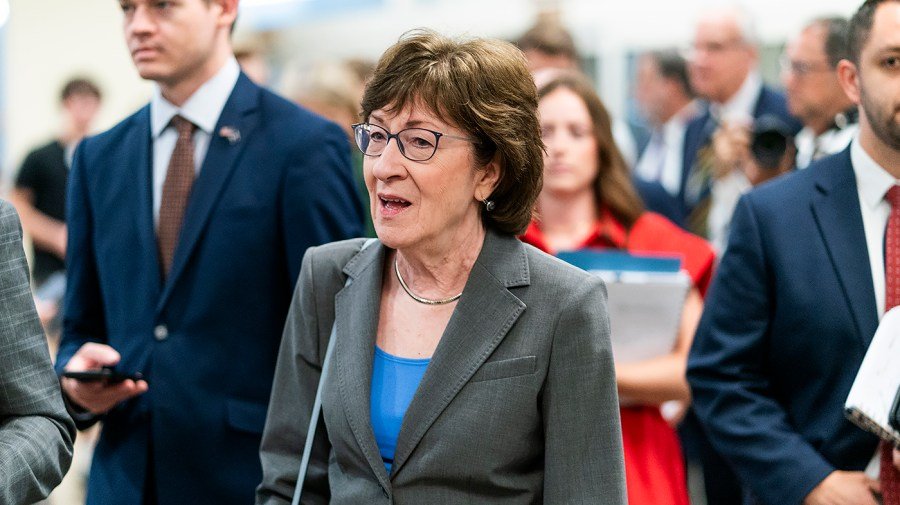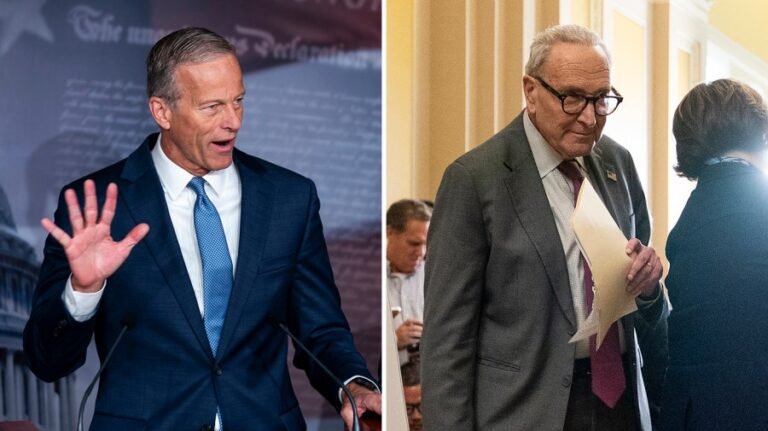
Republican Sen. Susan Collins (Maine) said she “strongly” opposes the White House’s move to fire hundreds of furloughed federal workers, calling the layoffs announced Friday “arbitrary.”
“I strongly oppose [Office of Management and Budget] Director Russ Vought’s attempt to permanently lay off federal workers who have been furloughed due to a completely unnecessary government shutdown caused by Senator Schumer,” Collins said in a statement posted to the Senate Appropriations Committee website.
Vought announced layoffs at federal agencies would begin Friday, 10 days into the shutdown, as Republicans and Democrats remain at a standstill over government funding and health care.
The shutdown resulted in federal employees being furloughed or working without pay, which is usual during shutdowns. However, the White House has made the extraordinary threat of mass layoffs to increase pressure on Democrats to pass the continuing resolution. Democrats say they won’t be cowed and argue the firings are illegal.
Though a continuing resolution to fund the government passed the House, it has failed to pass in the Senate, where Minority Leader Chuck Schumer (D-N.Y.) has united most Democrats in opposition to the bill, unless Republicans agree to extend ObamaCare subsidies set to expire at the end of the year.
In her statement, Collins said the work of federal employees — both those furloughed and working without pay — was “incredibly important to serving the public.”
“Arbitrary layoffs result in a lack of sufficient personnel needed to conduct the mission of the agency and to deliver essential programs, and cause harm to families in Maine and throughout our country,” she said.
Collins has previously opposed several of the Trump administration’s moves. She was one of three Democrats to vote against the One Big Beautiful Bill Act and also opposed a rescission measure meant to claw back money Congress had already appropriated.
She has also criticized several of Trump’s cabinet nominees, including FBI Director Kash Patel.
Friday’s layoffs are set to affect agencies including the Department of Homeland Security, Environmental Protection Agency, Department of Education, and Department of Housing and Urban Development.


